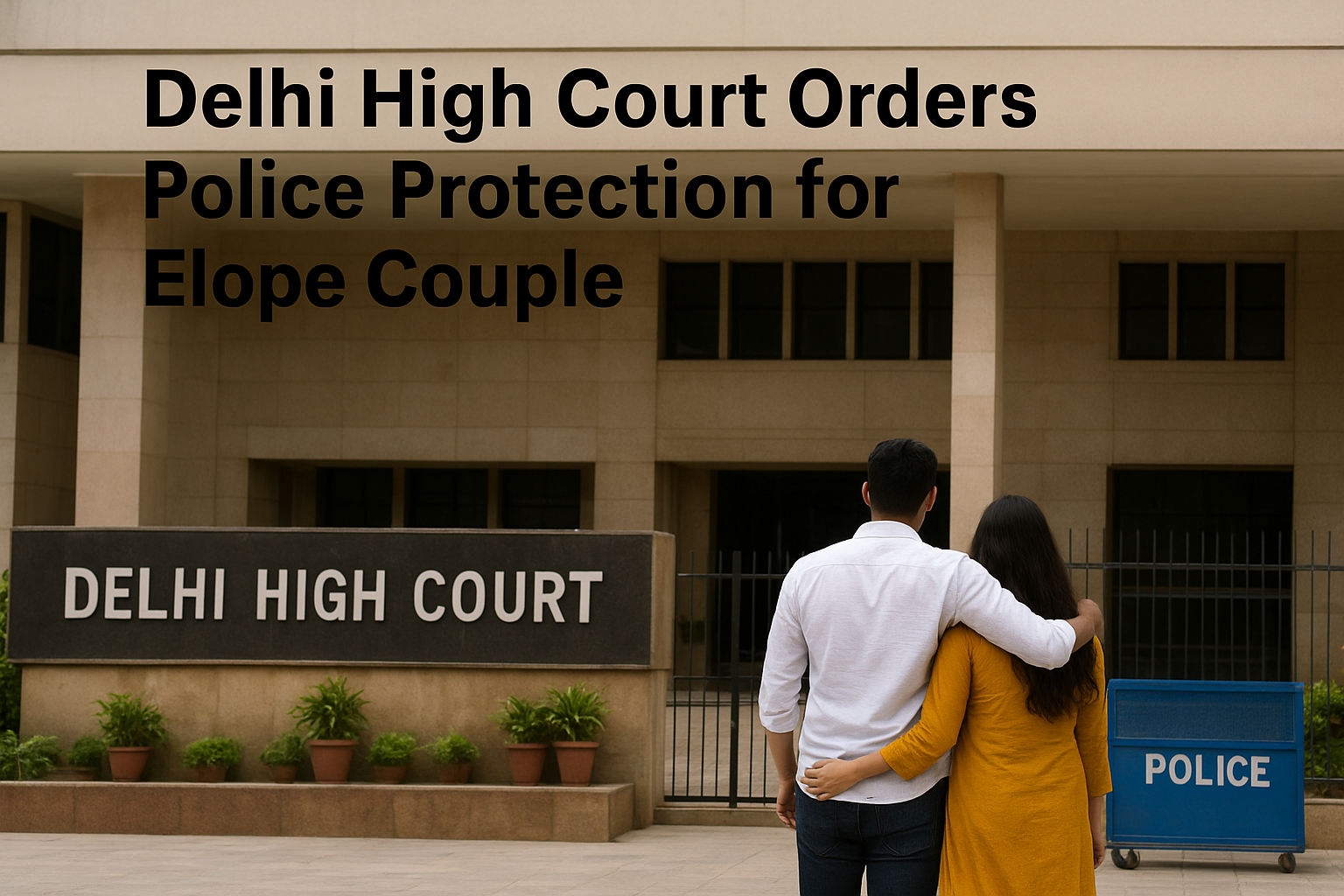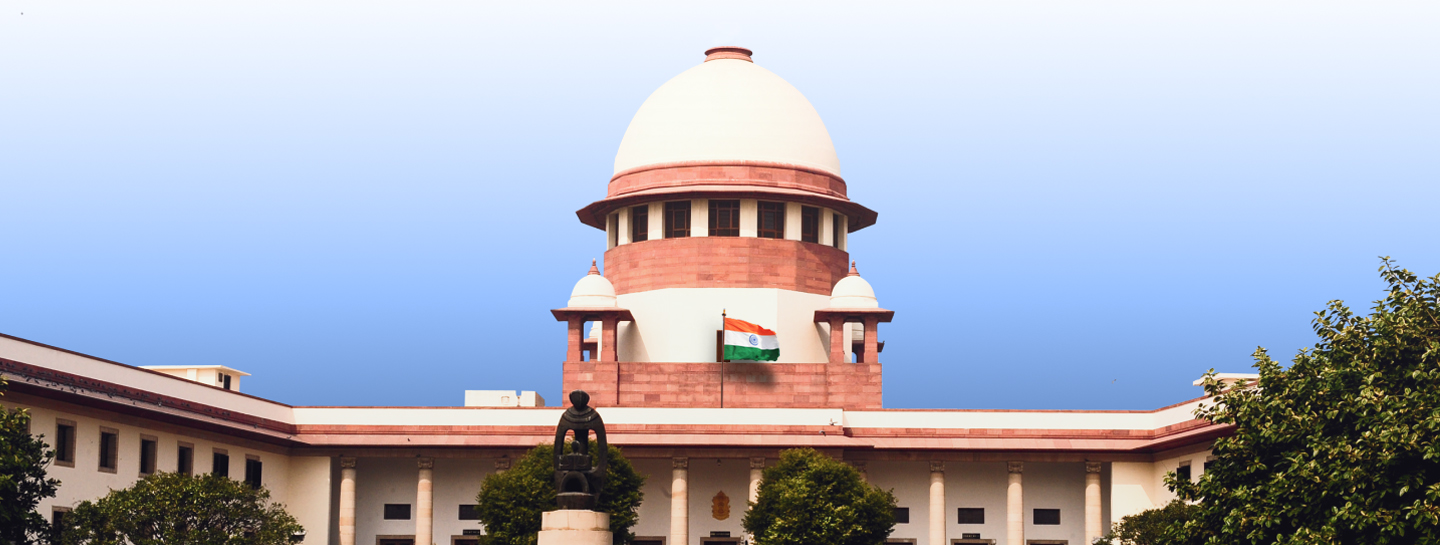The Kerala High Court Advocates’ Association (KHCAA) has strongly objected to the recent decision to appoint law students as amicus curiae in a serious legal case.
In a letter to the Chief Justice of the Kerala High Court, KHCAA expressed displeasure over Justice Bechu Kurian Thomas appointing two second-year law students from MS Ramaiah College of Law, Bengaluru, to assist in a bail hearing under the Narcotic Drugs and Psychotropic Substances (NDPS) Act.
According to the judge’s order, the decision was made after he noticed the students’ keen attention during the hearing. At the end of the proceedings, the Court praised their contribution, describing them as “the growing buds of the noble profession of law.”
“Court Is Not a Training Ground” – KHCAA
In its letter, KHCAA stressed that while encouraging young talent is important, the courtroom is not meant to serve as a training space for law students.
“If the Court needed active legal assistance on a point of law, it should have appointed a Senior Advocate or another qualified member of the Bar,” the association stated.
The Bar body maintained that guiding and training law students is the responsibility of law schools, not the judiciary. It recommended that, instead of appointing students, the Court could choose newly enrolled advocates who are already qualified to practice law.
Concerns over Handling Complex Cases
KHCAA raised concerns about appointing students in sensitive cases involving serious criminal charges, such as the NDPS case in question. The association pointed out that the students only cited legal precedents, without addressing broader issues—like Kerala’s increasing rank in drug abuse statistics.
It argued that a Senior Advocate or experienced lawyer would have offered deeper analysis and more comprehensive arguments.
Proposal for a Legal Research Facility
The association also informed the Chief Justice that it is setting up a dedicated research facility for advocates. This center will allow lawyers to carry out detailed legal studies, and its members could be considered for amicus curiae appointments in the future.
In addition, KHCAA suggested amending the High Court of Kerala Rules, 1971, to lay down clear criteria for appointing amici. It recommended aligning these rules with the Advocates Act, 1961, to ensure transparency and prevent the appointment of individuals who are not qualified advocates.
Call for Policy Change
Describing the appointment of law students as amicus curiae as a step that could undermine the judicial process, KHCAA urged that such practices should not be repeated. It also reiterated its demand to have one of its members included in the High Court’s Rules Committee, rather than a candidate “hand-picked” by judges.
With this firm stand, KHCAA has reignited the debate over whether courts should allow students or only qualified advocates to assist in legal proceedings—a discussion that could shape judicial practice in Kerala going forward.





